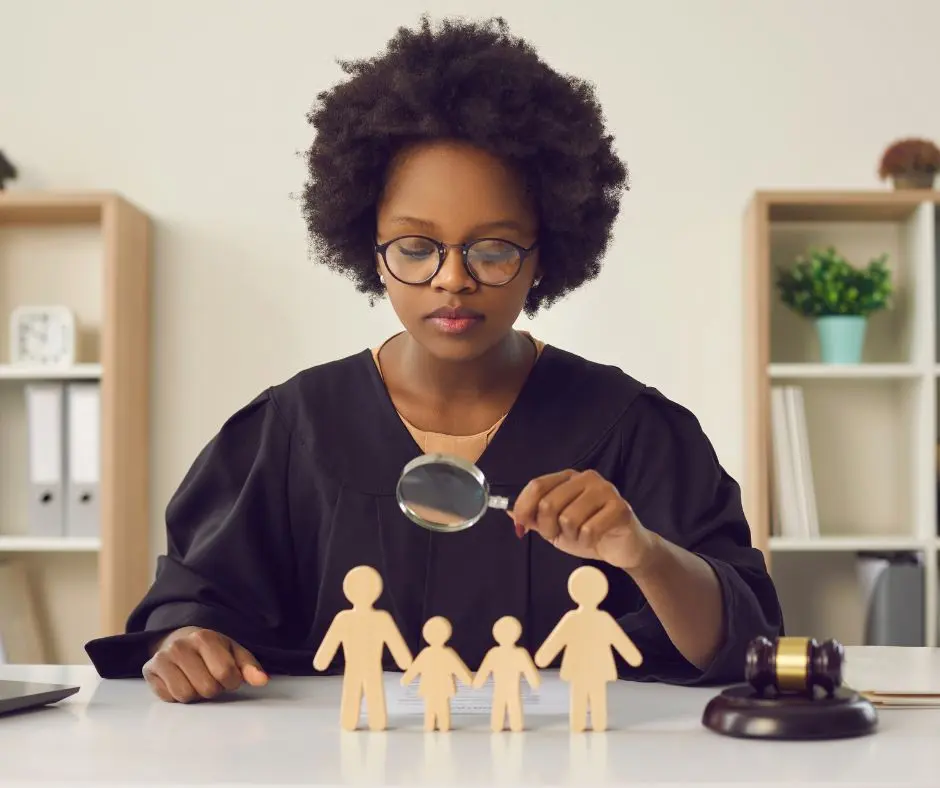Going through a divorce with children is stressful under any circumstances, but it can be especially hard when parents disagree on placement and custody. In Wisconsin, if you and your ex can’t agree on where your children should live and how decisions will be made, the court can appoint a guardian ad litem to advocate for the children’s best interests.
Once this happens, there will be another active participant in the case when it comes to issues related to your kids. In this situation, it’s essential to know what the guardian ad litem is supposed to be doing in your Wisconsin custody case.

The Wisconsin Guardian Ad Litem
According to Wisconsin law, when parents cannot agree on placement and custody during divorce, the court can send them to mediation to work out their differences. If they are unsuccessful, or if the court excuses them from the mediation requirement (such as in the event of the presence of domestic violence), it must appoint a guardian ad litem (GAL).
The court can also appoint a GAL if it believes there is a reason to be concerned for your children’s welfare or if it would be in their best interests. The GAL is an attorney who is responsible for investigating your children’s circumstances and looking out for their best interests. Either party may ask for a status hearing to review the actions taken and work performed by the GAL any time after 120 days from the GAL’s appointment.
The GAL’s Responsibilities
The GAL is required to advocate for your children’s best interests when it comes to legal custody, placement, support, and paternity. This individual will have the same independent function as any party involved in the case and must consider the children’s wishes as well as those of his or her parents.
However, the GAL is not bound by what you or your children want. To get an idea of what is in your children’s best interests, the GAL can interview you and the other parent, the children, and other relevant people in the children’s lives such as teachers, grandparents, and family friends.
This individual can also conduct discovery, hire experts, comment on your proposed settlement agreement and parenting plan, and be part of the negotiation process.
There are several factors the GAL is legally required to consider such as any history of violence; past or present drug or alcohol abuse by the parents; any mental health conditions; each parent’s quality time and relationship with their children; the children’s individual needs and adjustment to their home; the children’s community and educational environments; and the parents’ ability to cooperate and communicate with each other and support their respective parent-child relationships.
Reporting to the Court
Once his or her investigation is complete, the GAL will usually let the parties know his or her findings and recommendations before presenting them to the court. Often, this information is used during settlement negotiations.
When making his or her report to the court, the GAL must tell the judge what your children feel about their placement time with both parents and if they have any preferences, as well as everything they have learned about your family during their time on the case. This information can then be used by the court to make decisions regarding the children.










